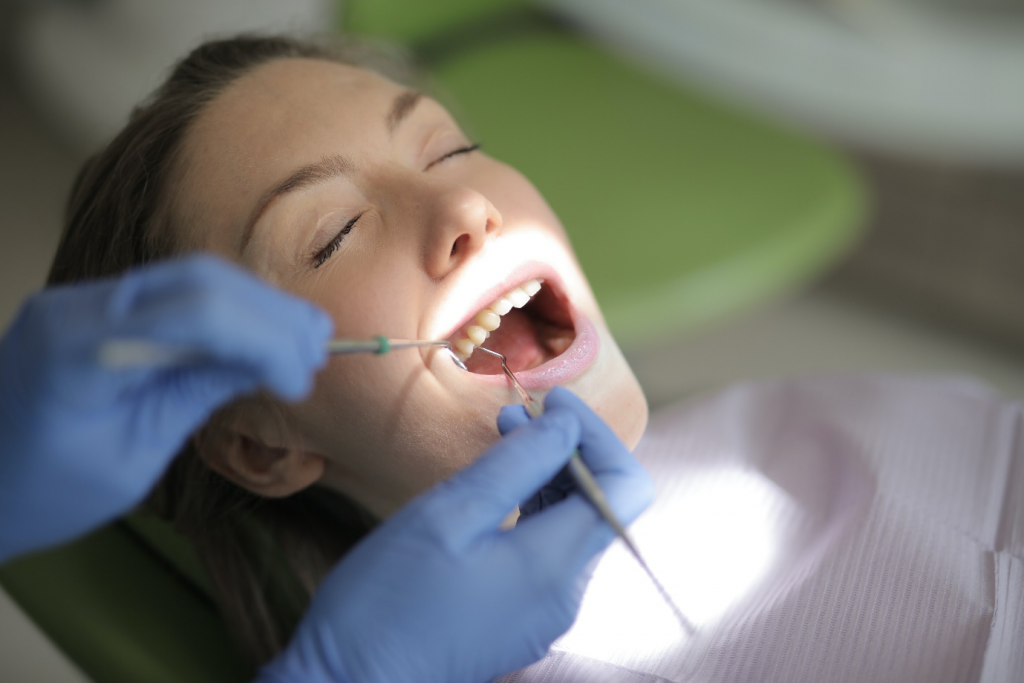Many people develop their wisdom teeth with no problems, while others experience problems with their which means they need to be extracted. There is a stigma about wisdom teeth, but they are not always painful, and if you are coming to the age where they are starting to push through, you will want to know what you can expect. Below are the things to expect when your wisdom teeth begin to break through, and potential problems to what to look out for as they develop.

Problems Caused By Wisdom Teeth
There are various problems that your wisdom teeth can cause, and these can be painful and highly uncomfortable. The tooth can only partly break through the gums and not fully push out due to a lack of room, which can cause the gum to grow over the tooth. They can also grow in crooked or in the wrong direction, and cysts can form which may get infected and even cause the jaw to lock. Your jaw may be too crowded for all the teeth in your mouth, which can cause problems when the wisdom teeth try and push through into your mouth and they become impacted.
Symptoms Of Problematic Wisdom Teeth
There are warning signs that you may have problems with your wisdom teeth if you know what to look for. When you notice them, you will want to visit your dentist as soon as you can. You may experience pain and stiffness in your jaw when moving your mouth, and you may also notice swelling in your mouth and gums. If your mouth is too crowded, you may also have difficulties cleaning your teeth correctly, which can lead to tooth decay or gum disease. You may also find that the tooth grows in at an awkward angle, and it catches on your gums, cheek, or tongue, which can cause pain and discomfort. If you are experiencing any of these symptoms, you will want to look at wisdom tooth removal and costs in Sydney, or wherever you live and speak to your local dentist immediately.
What Will Your Dentist Do?
When you visit your dentist with problems with one of your wisdom teeth, the first thing that they will do is x-ray your mouth so they can look at the alignment of your teeth. They will be able to see the angle that the tooth is growing in at and see if it is going to have to be removed or not. If you have an infection, they will be able to prescribe antibiotics to help clear this up and give you advice on how to deal with the discomfort, such as rinsing your mouth with warm salty water and using an icepack.
In the worst-case scenario, you may need to have your tooth removed, and this may lead to having more than one of your wisdom teeth taken out, even if the others are healthy. The reason for this is that if you take one wisdom tooth out, the opposite one on the other jaw will start biting down on your gum where the tooth was. Over time, it can cause discomfort and lead to problems, so it is best to take both teeth out.


